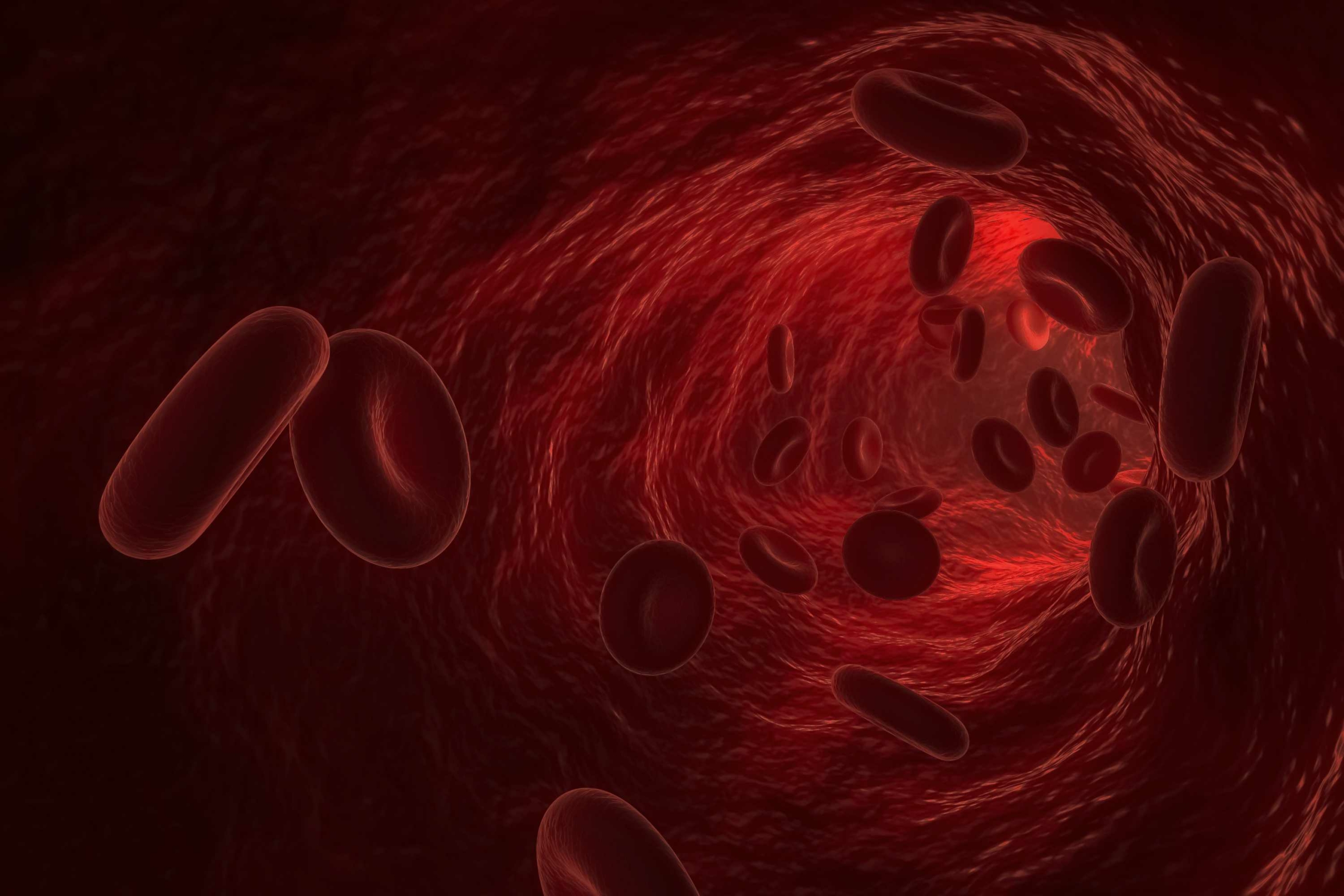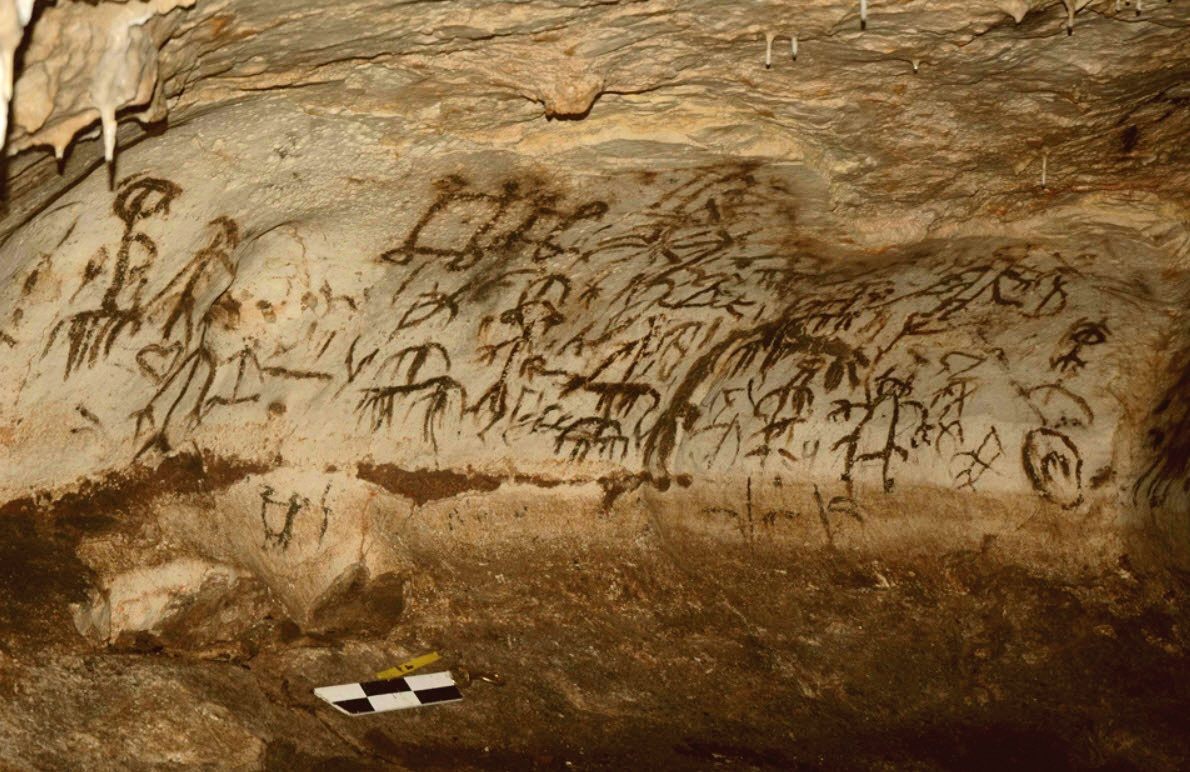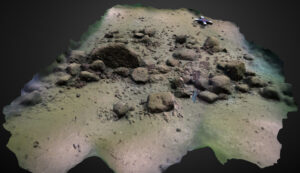According to the Theory of Evolution, humans and apes have the same origin, and hence our blood should have evolved in the same way. Except for humans, this is true for all primates.

Rh Positive blood can be found in all primate species, while Rh Negative blood cannot be discovered in the wild. Humans are the only living things on the earth with Rh Negative blood type.
This raises the question of whether Rh Negative blood type is of alien origin or a result of a random mutation that occurred at some unknown period in human evolution. However, before we go any further, it’s crucial to understand what we mean when we talk about blood types.
The blood types
Blood is made up of red and white blood cells, as well as platelets, which are present in liquid plasma. Your blood contains antibodies and antigens that, when recognized, can tell us what sort of blood you have.
Antibodies aid in our protection by alerting our immune system to kill infections and foreign bodies, whereas antigens are present on the surface of red blood cells.
An antigen is any foreign material that causes the body to produce antibodies in response to an attack on the immune system. Because we all have certain antigens in our blood, only blood with the same antigens as ours may be used in transfusions, and these are represented by the four blood groups: O, A, B, and AB.
Each of these groupings can be Rh Positive or Rh Negative, in addition to having antibodies and antigens. The Rh factor in our blood is named after the Rhesus Monkey, which, like all other primates, only contains the Positive factor, although there is a tiny fraction of the population with a peculiar oddity.
Only roughly 15% of the world’s population carries the Rh Negative factor, and this amount is not uniformly distributed across the globe.
According to conventional history, humans departed from Africa around 200,000 years ago and dispersed around the world. So, as DNA evidence demonstrates, modern humans are derived from the earliest Africans, but this also provides important information regarding persons with Rh Negative blood type.
According to research, pure Africans who have not interacted with other mixed races do not have the Rh Negative blood type, and only around 3% of African tribes that have interacted with Europeans or Asians have this genetic signature. This number is significantly smaller in Asia, where only roughly 1% of the population has this uncommon blood type.
The gene that causes Rh Negative is most common in Caucasians, with the largest concentration found in the Basque area of the Iberian Peninsula between France and Spain, where up to 40% of the population is Rh Negative, and this is not the only distinctive attribute of the region.
The Basque people

The Basques are the only people in Western Europe who speak Euskara, a native language not spoken anywhere else in Europe or the globe. But this language is not only isolated; it is also a mystery; it has no link to other languages and its origin is unknown, prompting some to speculate about a possible relationship with an otherworldly group that may have occupied the area in the distant past.
“No one knows where the language came from; researchers have studied it for many years, but no definite conclusions have been reached,” says Pello Salaburu, professor and head of the Basque Language Institute at the University of the Basque Country in Bilbao.
A more mundane reason for the Basque people’s homogenous qualities is that the earliest farmers interacted with nearby hunters at the start of the agricultural revolution before isolating themselves for thousands of years, retaining their language and genetics.
Anunnaki or Nephilim?

Another belief is that Rh Negative blood types are caused by the Nephilim, who are mentioned in the Bible. The Nephilim, also known as the Watchers in the Book of Enoch, descended from the skies and married with humanity, giving rise to huge angel-human hybrids.
The Great Flood would have wiped off this group of angels and their descendants, albeit some would have survived, leaving the distinction of Rh Negative blood.
Some of the curiously shaped and oblong Paracas skulls discovered in South America had red hair in an area where this hair color is not typical. The gene for red hair originated in the Middle East and Europe, and some experts, like as LA Marzulli, believe that these red skulls are related to the Nephilim.
The Anunnaki, the extraterrestrial race that helped establish ancient Mesopotamian civilizations, are said to have combined their own extraterrestrial genes with the genes of more evolved primates that lived on Earth, creating a new species of beings with formidable strength and great size, and some researchers suggest that the Rh Negative blood type would have arisen somewhere during this process.
The negative RH factor’s characteristics
People who have the Rh Negative factor have a lower body temperature and high blood pressure, as well as stunning blue, green, or hazel eyes and red or brown hair, and their senses of sight, hearing, and smell are more sensitive, especially to sunlight.
Many persons with Rh Negative blood are born with additional ribs or vertebrae at the base of the spine, which is sometimes referred to as an “extra tail,” implying reptile qualities.
These people also have above-average intellect, a high level of empathy for others, and frequently experience inexplicable occurrences such as heightened intuition and psychic talents, sometimes accompanying feelings of being strange or out of place.
Researchers have also discovered a significant percentage of Rh Negative blood type among persons who claim to have been contacted, directly or indirectly, by extraterrestrial visitors, which some experts feel is more indication that this blood type may have alien origins.



